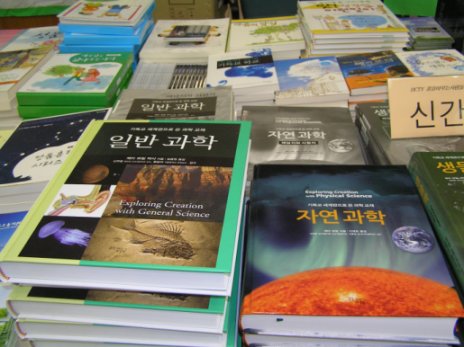I spend a lot of time discussing the creation/evolution debate. It is a popular topic on this blog, I have an entire series of young-earth creationist textbooks that discuss the debate, and I even discuss it among my own friends, many of whom are either atheists or theistic evolutionists. Every now and again, I even get the chance to publicly debate an evolutionist. This is a rare occurrence, however, as it is incredibly difficult to find an evolutionist willing to actually defend his or her view in a public debate. My last opportunity was in 2009, when I debated Dr. Robert A. Martin, vertebrate paleontologist and author of Missing Links: Evolutionary Concepts and Transitions Through Time. The debate was held at West Kentucky Community and Technical college. The audience was huge, and their response was enthusiastic. After the debate, I talked with many students, some of whom disagreed with me. Nevertheless, they all said that they appreciated the debate and were very happy that they attended.
Of course, the bigger question is whether or not such debates make any difference at all. Do any minds actually get changed as a result of a debate? I can tell you that mine did. I was an atheist at one time, and what led me down the road to accepting the truth of Christianity was an “Atheism versus Christianity” debate that I attended. The debate made me actually investigate the evidence for the existence of God, and when I did so, I found the evidence to be overwhelming. As a result, I ended up believing in God and, eventually, I came to realize that He is the God of the Old and New Testaments. However, I often wonder if a debate has changed anyone’s mind on the creation/evolution issue.
Well, I received an E-MAIL from a homeschool graduate who is now a biology major pursuing an MD/PhD. He says:
I was home educated from preschool all the way through high school and thoroughly enjoyed all of your science textbooks throughout high school…In fact your biology textbook was what got me interested in science in the first place.
It’s nice to know that contrary to what Dr. Jerry Coyne claims, good young-earth creationist textbooks do encourage students to study the sciences.
The reason I am blogging about his E-MAIL, however, is that he tells me from his own experience that a good debate about evolution can change people’s minds.





